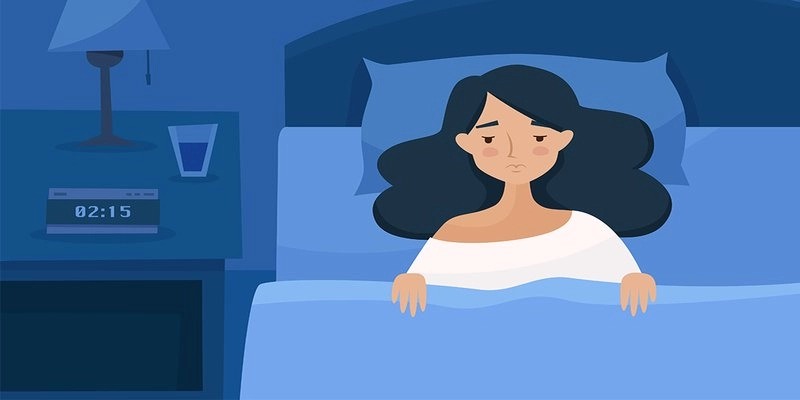
Awakening Facts About insomnia
Here are some Myths and Facts about Insomnia:
Myth: A drink will help you sleep.
Fact: Insomnia, or chronic difficulty falling or staying asleep, can leave you desperate for a good night's sleep. Do you think a cocktail before bedtime will help? Consider it again. This myth is likely to persist because alcohol can aid in sleep. However, as it moves through your body, it may cause disturbed, restless sleep or cause you to wake up earlier.
Myth: Insomnia Is a Complete Mental.
Fact: Insomnia can be caused by psychological issues. In fact, stress is the most common reason people report a lack of sleep. However, it is not the only cause of insomnia. Insomnia can be caused by a variety of factors, including poor sleep hygiene, illness, drug side effects, chronic pain, restless legs syndrome, or sleep apnea.
Myth: Sleep is Improved by Exercise.
Fact: Regular exercise can be an excellent way to promote better sleep. Avoid working out too late if you have trouble sleeping. Exercising vigorously can increase your alertness. It also raises your body temperature, which can remain elevated for up to six hours. Avoid workouts that are too close to bedtime. Aim to complete a workout two or three hours before going to bed.
Myth: Less screen time allows you to unwind.
Fact: It's tempting to try to unwind before bed by reading on the computer or watching TV, but both can actually stimulate you. The light and noise of televisions and computers can be distracting and can lower melatonin levels in the brain. To help you fall asleep, you want your melatonin levels to rise around bedtime. Do you need just a little noise to help you fall asleep? Try listening to soothing music or downloading a sleep app.
Myth: Sleeping pills are completely risk-free.
Fact: It is true that modern sleeping pills are safer and more effective than many older medications. However, all medications have potential side effects, including the risk of dependence. Before taking sleeping pills, always consult your doctor. Some sleep aids can temporarily alleviate the symptoms of insomnia. They are unable to alleviate insomnia. Often, the best approach to insomnia is to address underlying health issues and your sleeping environment.
Myth: Napping Aids in the Treatment of Insomnia.
Fact: Naps have different effects on different people. A brief 10- to 20-minute nap in the middle of the day can be rejuvenating for some people. A late afternoon nap, on the other hand, can reduce the brain's sleep drive in many people who suffer from insomnia. This can make it even more difficult to sleep at night.
Myth:You'll Begin to Require Less Sleep.
Fact: Believing this myth can have serious ramifications. Everyone is born with a predetermined amount of sleep. Most adults require 7-8 hours of sleep. You can train yourself to function on less sleep, but you can't train your body to require less sleep. It is more difficult to pay attention or remember things when you are sleep deprived. Chronic fatigue can have serious consequences, such as decreased work performance, an increased risk of accidents, and even poor health.










